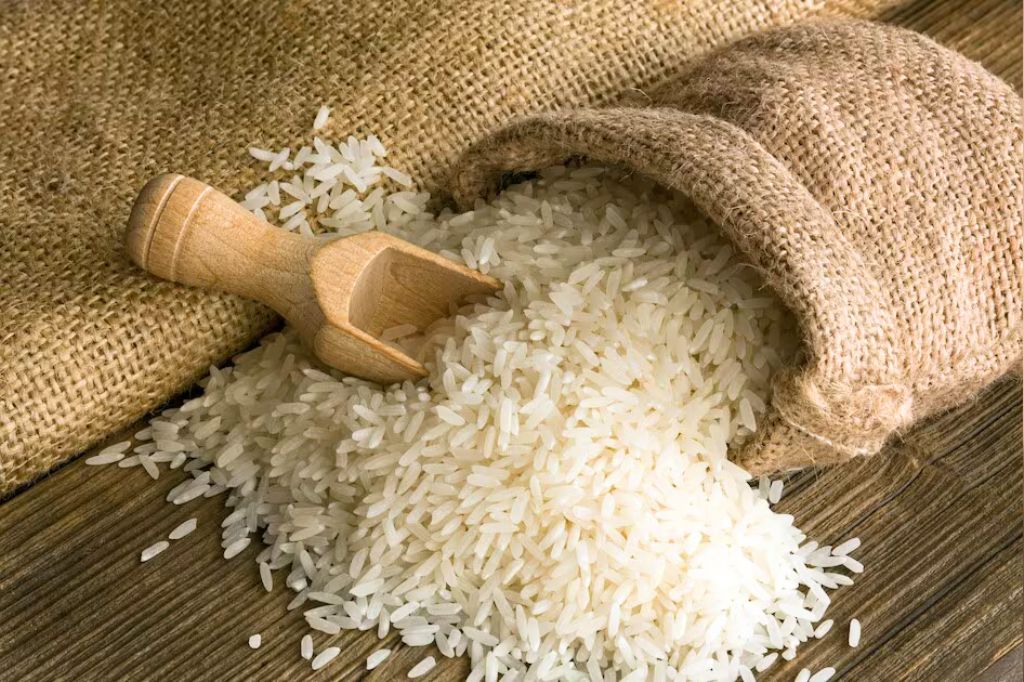In a groundbreaking advancement, India has introduced two novel genome-edited rice varieties, marking a world first. These varieties are expected to enhance yields by as much as 30 percent per hectare and may mature 15 to 20 days faster than current varieties.
The rice types known as ‘Kamala- DRR Dhan-100’ and ‘Pusa DST Rice 1’ are designed to use less water and contribute to a decrease in greenhouse gas emissions, according to Union Agriculture Minister Shivraj Singh Chouhan.
The different varieties will require a minimum of 4-5 years to be available to farmers following the standard processes of breeder, foundation, and certified seeds.
Chouhan stated, “We are also working to expedite this process so that farmers can quickly benefit from these high-yielding varieties.” He explained that a key distinction between genetically-modified crops and gene-edited varieties is that the former contains foreign genes in the final product, such as BT cotton, whereas gene-edited plants do not include any foreign genes.
Several years ago, India removed SDN1 and SDN2 genome-edited plants from the purview of Rules 7-11 of the Environment Protection Act (EPA), which governs the manufacture, use, import, export, and storage of hazardous microorganisms or genetically engineered organisms or cells as per the 1989 regulations. This decision effectively excluded them from the regulations set forth by the Genetic Engineering Appraisal Committee (GEAC).







